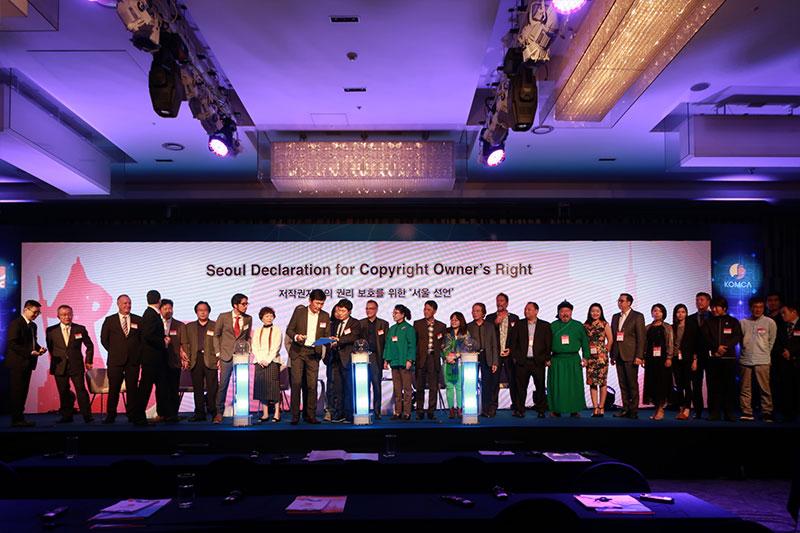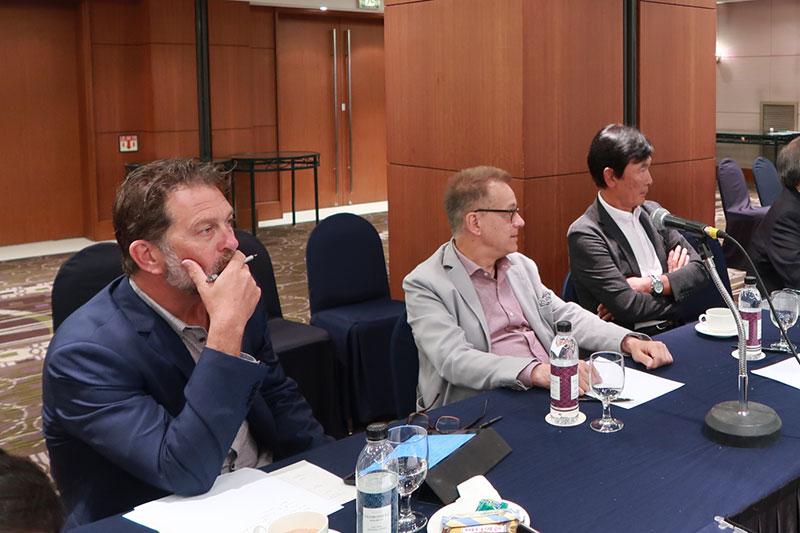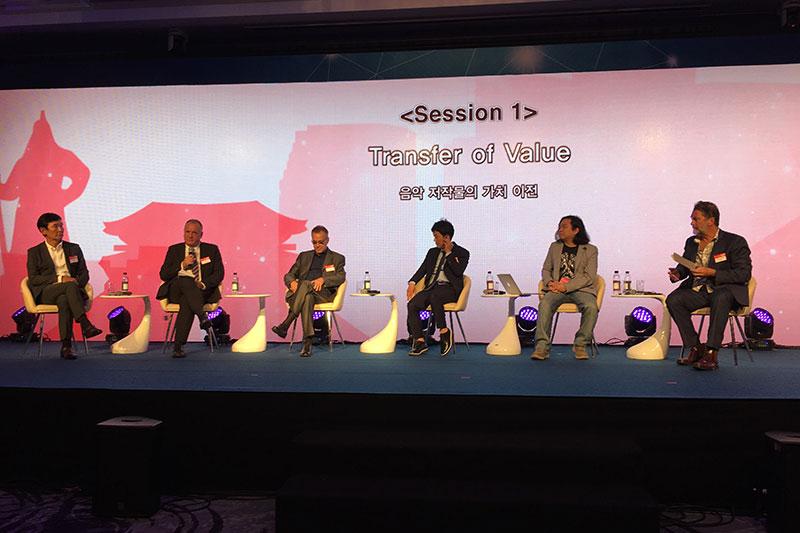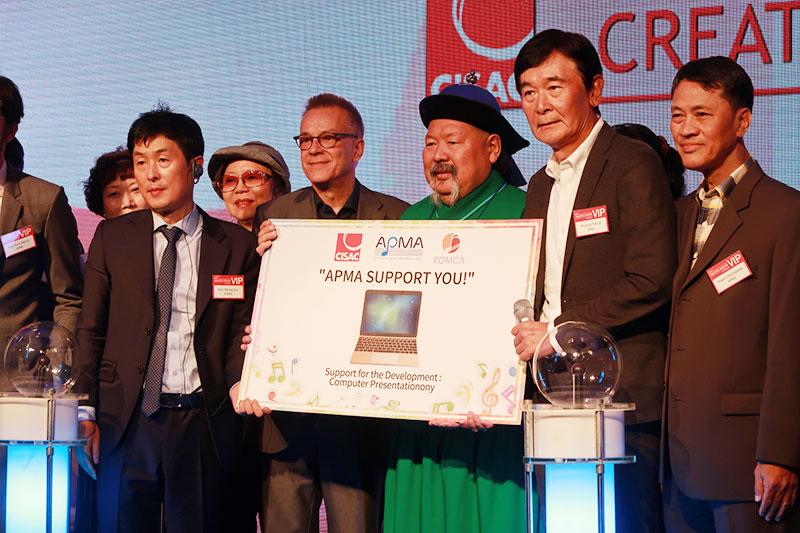
Asia-Pacific Music Creators Alliance Issues “The Seoul Declaration” Highlighting the Key Issues Facing Music Authors in the Region
Following the first official executive committee meeting since its launch, CIAM’s international partner, the Asia-Pacific Music Creators Alliance (APMA) has issued a declaration that calls upon governments, policy makers and lawmakers to address the three key issues facing local music authors. “The Seoul Declaration” was published on 11 May and identifies safe harbour abuses, the global alignment of “life plus 70 years” copyright protection, and the proliferation of copyright buyouts as the most pressing policy issues requiring government attention, both in this region and beyond.
The full content of the declaration is as follows.
The Seoul Declaration
While it is the best time for audiences to enjoy music on many innovative platforms, in order to ensure the sustainability of music creation, it is imperative that some important issues be addressed.
- While it is encouraging to see that the demand for music is booming in the digital age, the efforts of music creators are not recognized accordingly, reflected by the fact that they are not remunerated fairly. Technology is developing by the minute. There has been revolutionary transformation in the way that music is being consumed. However, the copyright protection regime for creators has not caught up with these changes.
- The problem of copyright “buyout” is a particularly serious problem in Asia Pacific. Many music creators, reluctantly, assign the copyright in the musical works they have created in exchange for a lump sum. This unfair phenomenon should be prevented. Stop the unreasonable exploitation of music creators! Their efforts should be fairly remunerated.
- Many countries in Asia-Pacific still provide only 50 years plus life protection for music creators. The protection term should be extended to at least 70 years plus life so that it can meet the international standard.
We call on governments, policy makers and lawmakers to improve the current copyright protection legislative regime, such as fixing copyright “buyout” problem, extending copyright protection term to at least 70 years plus life, and avoiding abuse of “safe harbour” regime.
APMA WEBSITE
APMA chairperson and Japanese composer Shunichi Tokura, and vice-chair and Australian Composer Brendan Gallagher also shared the executive committee’s plan to increase the regional focus on these issues by liaising with individual creators and creators’ organisation in those countries where collective management is still absent.
The first of these discussions took place immediately after in a meeting with local Korean creators. This included an exchange of views on the most pressing local issues and a conversation on what support the APMA might be able to offer in solving them.

The following day, CIAM and APMA were amongst the many creators, journalists, politicians and collective management executives to take part in a KOMCA and CISAC led copyright seminar. Several panels discussed the safe harbour or “transfer of value” issue, private copy and effective strategies for collecting in smaller venues using music, such as bars, restaurants and hotels.

During this seminar, another important solidarity initiative was launched when KOMCA’s president Yun Myeong-Sun shared details of the “APMA Supports You” campaign. This consisted of the donation of hardware to three emerging collective management organisations in the area, including the Mongolian society MOSCAP.

At the close of this event, the first APMA General Assembly was announced for November 2017 in Tokyo.
The Asia-Pacific Music Creators Alliance was formed on 28 November 2016 during the World Creators Summit in Beijing and comprises music creator organizations and individuals in 15 countries and regions. These include Australia, China, Hong Kong, Indonesia, Japan, Korea, Macau, Malaysia, Mongolia, New Zealand, the Philippines, Singapore, Taiwan, Thailand and Vietnam
